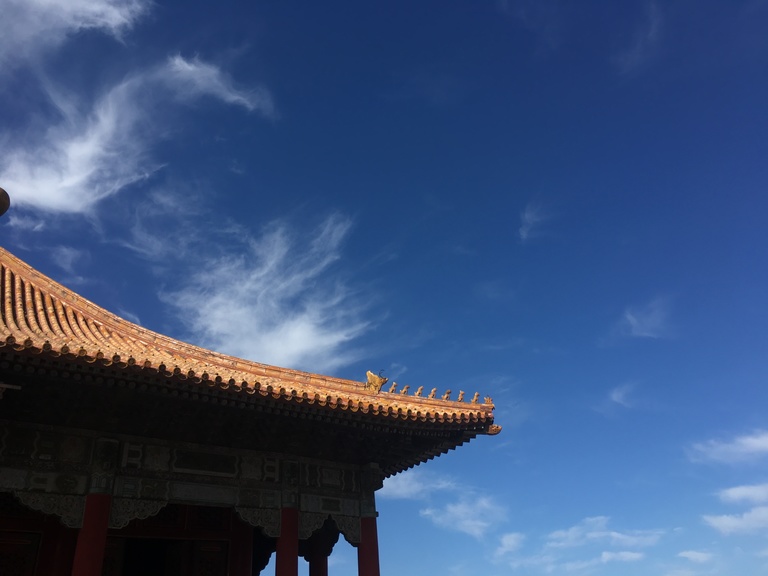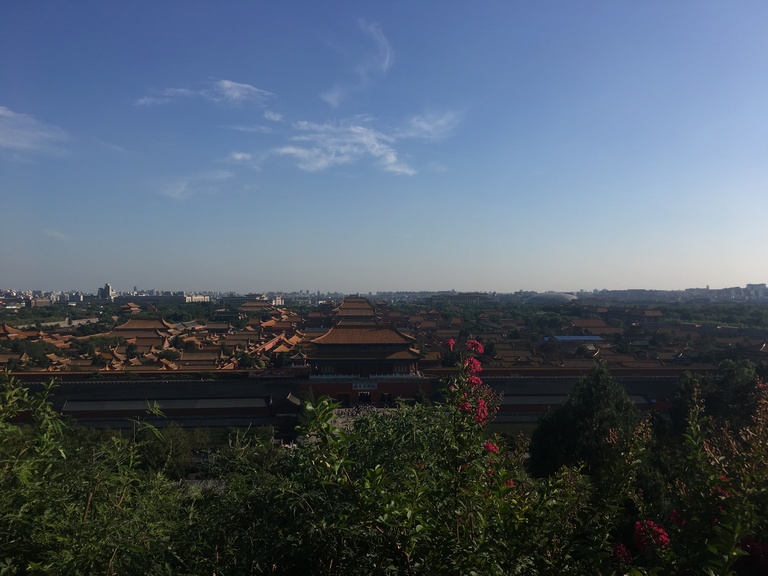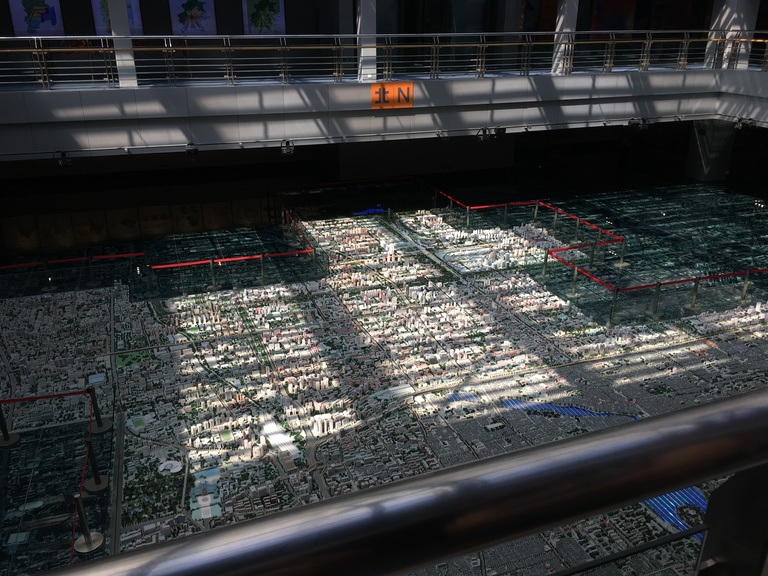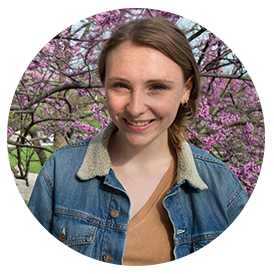
I read Elizabeth Bishop’s poem “One Art” in my freshman gen-ed literature class at the University of Iowa. The refrain in this poem has since resurfaced in my life, culminating in my plans to study in China for the 2017-2018 academic year.
The summer following my sophomore year, I spent two months studying Chinese in Tianjin, China. During the pre-departure phase of my first study abroad experience, I felt I was prepared: I had grown up in Hong Kong, I had been doing language emersion programs in China since elementary school, I had previously traveled independently in China, and I had received funding for my study abroad program. I remember driving to the airport feeling as though my life was ending; that for the following two months my brain would shut off, instead devoting itself entirely to Chinese language learning. At the time, I thought I would return from my summer study abroad, resuming my pre-departure life unabridged. Departing for Tianjin, I had not considered the concept of loss as it related to my summer study abroad.
I had packed a seemingly appropriate amount of clothing, although I came to regret not consulting the local weather conditions before leaving. Unfortunately, it was the rainy season, and in China when it rains, cities flood. I recall a particularly horrific rain event where my classmate and I were stranded on a city bus with dirty flood waters gushing into the vehicle. There were countless afternoons that resulted in complete drenching by sudden and severe weather incidents. You can rest assured that I studied Beijing’s climate long before I started packing my luggage this time around.

I spent much of my free time that summer walking around the municipality of (officially) 15 million people. While I had not considered loss beyond the Western luxuries that were suddenly unavailable to me (namely drip coffee), I was certainly presented with abstract reminders of the idea outlined in Bishop’s poem. I was unassumingly surrounded by loss, manifesting itself as domestic labor crises, torrential weather conditions, and fellow international students who were unable to return to their countries of origin due to lack of funding, political turmoil, or feeling there was no reason to.
Once while walking somewhere in Tianjin, I happened upon a wall that was tagged with the phrase meaning, “I want to go home.” The tagged wall enclosed a high-rise building complex undergoing construction. I can only guess that this graffiti artist belonged to the massive work forces that originate from rural areas in China and travel to cities, searching for employment.
This phenomenon coupled with incredible construction rates, has resulted in extensive urban sprawl, ghost cities, and more than 60 million children “left-behind” in rural areas.
In addition, my culture-informed coursework led me to complete a project on a folk trend that similarly dealt with loss: a deity known to guide lost maritime travelers back to shore. Mazu’s popularity in East Asian port cities is sustained and I visited her shrine in Tianjin.
Unbeknownst to me, my life changed drastically following my summer study abroad. Besides improving my Chinese and expanding my worldview, the experience equipped me with the skills to receive a scholarship to study abroad for an extended amount of time.

During a whirlwind first day in China, my program toured The Beijing Municipal Commission of Urban Planning Museum. This visit demonstrated to me the vastness of the city, its history, and my unfamiliarity with Beijing. Now that I have arrived in China once again, I find myself remembering this excerpt from Elizabeth Bishop’s poem and considering things that I will lose (and gain) while I am away:
The art of losing isn’t hard to master;
so many things seem filled with the intent
to be lost that their loss is no disaster.
The ironic tone of the poem reminds me that despite my language training and pre-departure planning, I am still somewhat unprepared to live in Beijing. That reality is part of the experience and is no disaster.

Emily Van Kirk is a Des Moines, IA native and Chinese and international relations major at the University of Iowa. Winner of a 2017 Boren Fellowship award, she will be spending the academic year in Beijing, China on the CIEE Beijing Intensive Chinese Language program.
Student blog entries posted to this International Accents page may not reflect the opinions and recommendations of UI Study Abroad and International Programs. The blog is intended to give students a forum for free expression of thoughts and experiences abroad in a respectful space.